For decades, network professionals were required to know router protocols and command-line interfaces. Still, with the development of programmable networks, it may be beneficial to receive training in writing code to grow in their professions.
Do you need to expand your skillset to include programming and other DevOps abilities to serve you and your firm better if you’re a career networking professional – whether you’re a network architect, engineer, or manager?
The amount of DevOps skills you need varies depending on who you ask. Still, it becomes apparent that network professionals need to grow beyond their traditional duties if they want to advance in their careers in the future.
[Also see Hot Network Certifications You Should hold 2021]
“There is a belief that unless we train existing people who know networking and security to become better at data and coding, we will not be able to attract from the outside data folks because they are doing [other DevOps work],” Roland Acra, senior vice president, and general manager of Cisco’s data-center business said. “We have a large reservoir of highly talented individuals in networking, and we need to develop a subset of those people who will become tomorrow’s coders and data people.”
What used to be an industry where you needed to know a lot of network protocols and how to write scripts with command-line interfaces (CLI) is quickly evolving to the point where network pros need programming skills as well to fully exploit the potential of all the networking data we’re generating, according to Acra.
According to Gartner, only 30% of network operations teams would utilize the CLI as their primary interface by 2020, down from 85 percent at the end of 2016, according to a report released almost two years ago. According to Gartner, text-based CLI has been the dominant operational tool for mainstream network operations teams for 15-20 years.
Cisco, Juniper, Arista, and other networking and third-party companies attempt to attract a new generation of NetDevOps experts.
Cisco’s DevNet community, in particular, offers a variety of training, events, and tools for network workers.
Download free Cisco practice tests to test yourself!
“We have roughly half application developers and half infrastructure professionals in DevNet, which now has over 500,00 participants, and we have seen a great spike in the number of networkers who want to pick up a DevOps skill,” said Susie Wee, CTO of Cisco’s DevNet group. “The entire infrastructure is now programmable, and developers can use APIs to perform automation, orchestration, telemetry, and a variety of other tasks that they couldn’t before.”
DevNet associate and CyberOps Professional are two Cisco DevNet tracks. If you want to quickly pass the DevNet certification exam, you should use SPOTO 100% real Cisco DevNet exam dumps which contain real exam questions and answers.
2021 Updated Real Cisco DEVCOR 350-901 Dumps-Free Demo
However, experts warn that transitioning network workers to the software realm would be difficult.
Cisco has made progress with DevNet, but there are still obstacles to overcome. According to Brad Casemore, IDC’s research vice president, data-center networks, Cisco seeks to offer network programmability to two distinct audiences with DevNet: developers and network engineers/network operators.
“Let’s start with Cisco’s standard purchasing center. How far will network engineers and operators adopt the software development ethos? Many networking experts choose their careers largely to avoid becoming developers, according to Casemore.
“What does DevNet imply for Cisco’s conventional buying center, which includes CCIEs and network engineers? Is it expected that they will become network programmers or learn to automate the network to meet the needs of apps, developers, and lines of business? Cisco, I believe, will be more successful with the latter than with the former,” Casemore added.
On the other hand, developers have a strong aversion to working with underlying infrastructure, according to Casemore. “How will Cisco continue to abstract and expose network capabilities and attributes so that developers may benefit from network capabilities and traits without having to learn and master networking?”
Few network operators, even those who have learned some programming, are familiar with the DevOps tooling ecosystem. According to James Kelly, Juniper Networks’ Lead Cloud Architect, fewer consider bringing such tools to networking.
“Successful DevOps requires a team, so one person can’t focus on everything. However, each professional’s standard skill set should include tool, framework, and programming skills and an understanding of the automation of processes like source-code management, reviewing, and CI/CD. Learning languages like Python and Ansible is only the beginning, according to Kelly.
“We believe that the network reliability engineer (NRE) designation is a nicer segue for an audience that truly understands reliability and already identifies as network engineers,” Kelly said. Juniper supports the NetDevOps model and DevOps ideas surrounding networking, according to Kelly.
“In comparison to a collection of amorphous DevOps principles, NRE, inspired by SRE (Site Reliability Engineer), is significantly more operations prescriptive. NRE and SRE prioritize reliability over speed, according to Kelly. They accomplish both through automation, but the DevOps narrative, which focuses on accelerating software delivery, does not transfer well to a networking audience because moving quicker sounds like a formula for more firefighting and a larger blast radius.”
Summary
Devops may be essential to future IT industry as well as network engineers. So it is benefical for you to enhance your skills with DevOps certification.
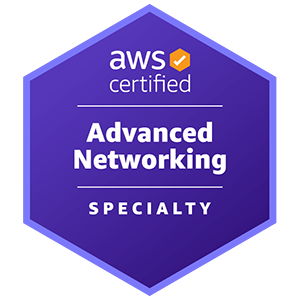


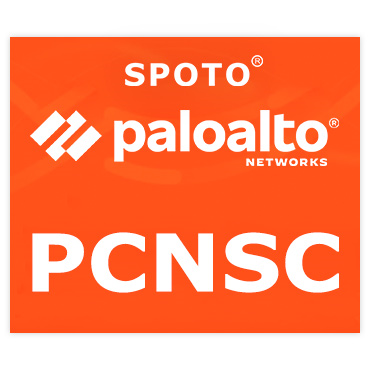
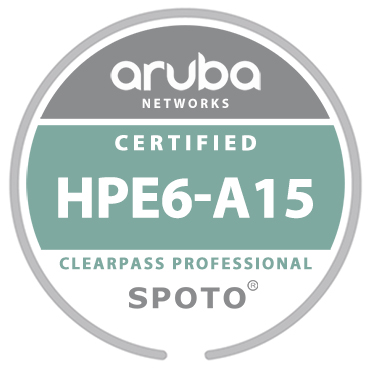
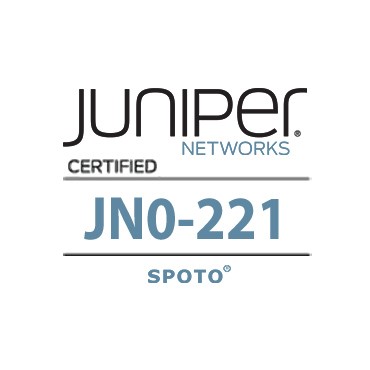
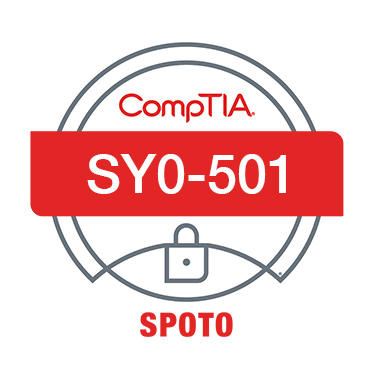
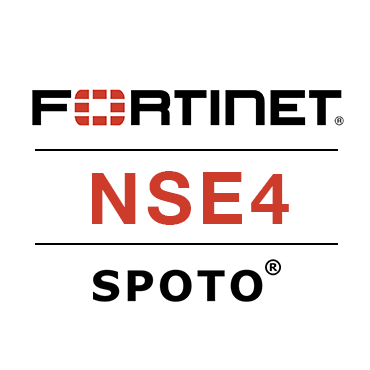
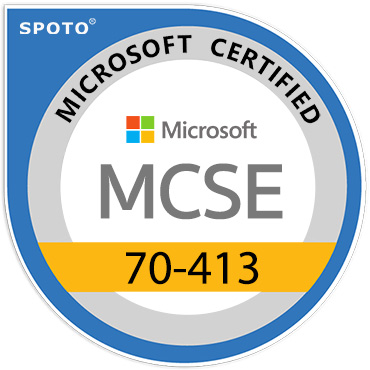

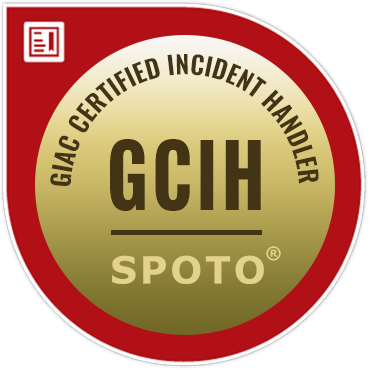

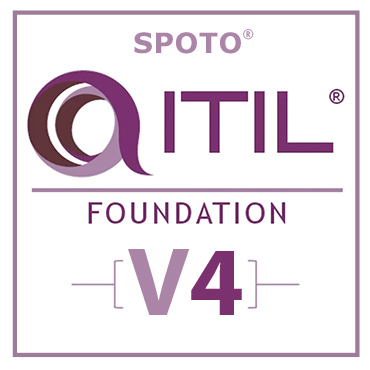
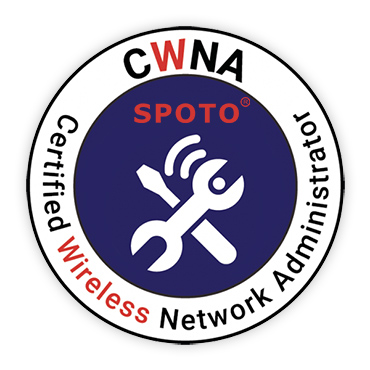
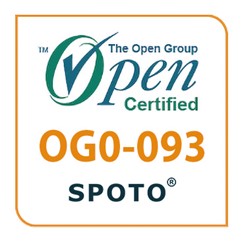


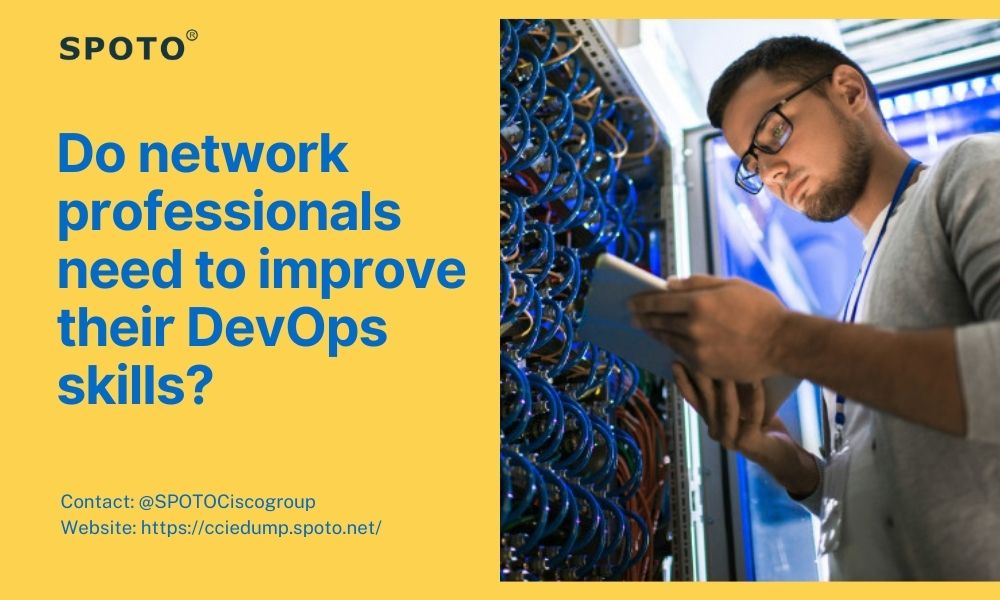


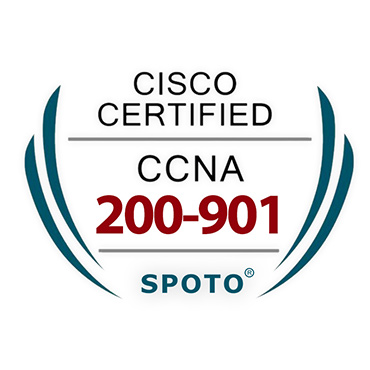
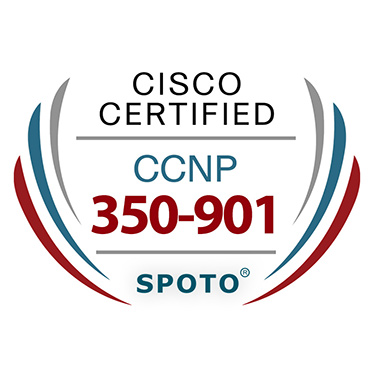
Comments